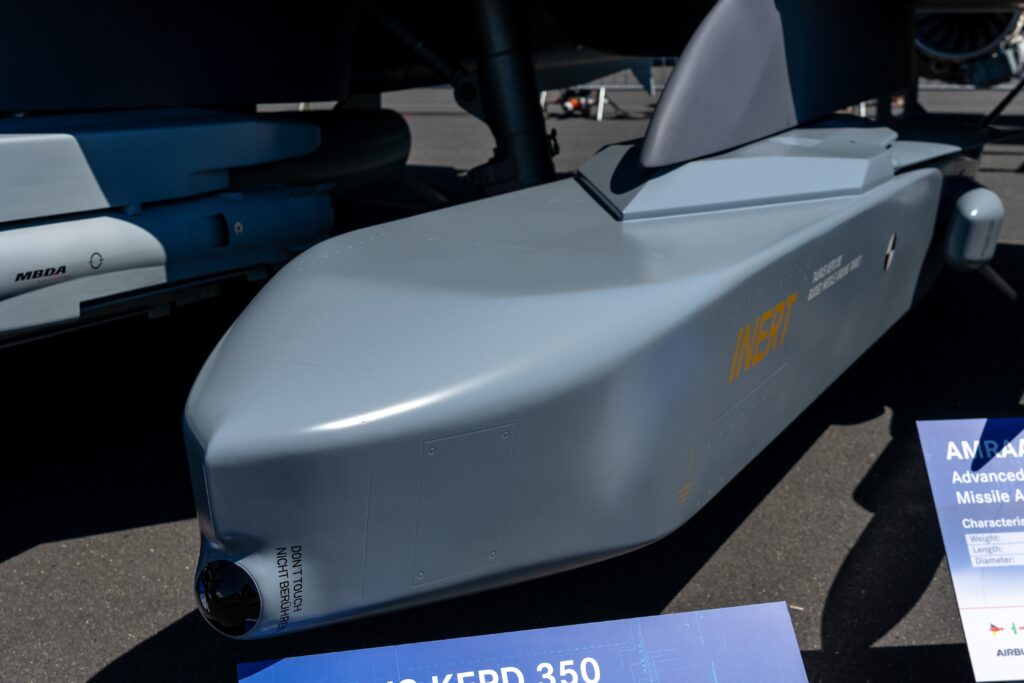Chancellor Friedrich Merz has confirmed that Ukraine may now use certain long-range weapons without any restrictions. He revealed that this decision was made months ago but has only recently become public. Merz emphasized that this policy shift could significantly change Ukraine’s defense approach. He underlined the importance of striking enemy forces beyond a country’s own borders to ensure security. Previously, Ukraine’s use of foreign long-range missiles was limited to targets inside occupied Ukrainian territory. Now, according to Merz, Ukraine can target threats within Russian territory itself. Ukraine’s allies—including the United States, United Kingdom, France, and Germany—have all supplied long-range missile systems.
Ukraine already operates ATACMS missiles supplied by the US, which are launched from platforms like HIMARS or MLRS. Lockheed Martin describes these weapons as stealthy and all-weather, with an operational range of up to 300 kilometers. In November 2024, Russia claimed it intercepted six ATACMS missiles over its territory. Ukrainian forces reportedly fired ATACMS missiles in October 2023, destroying nine helicopters stationed in eastern Russia. Ukraine also uses Storm Shadow missiles, known in France as SCALP, which have a range exceeding 250 kilometers. These UK-French missiles combine GPS guidance, terrain mapping, and infrared targeting for precise strikes. They are designed to destroy hardened targets, such as bunkers, using a dual-phase warhead system. According to MBDA, the Storm Shadow is in use by the militaries of the UK, France, and Italy.
Germany continues to debate delivering Taurus KEPD 350 missiles to Ukraine. These air-to-surface missiles, produced by MBDA Deutschland and Saab, have a range greater than 500 kilometers. The Taurus missile is designed to fly low to avoid air defenses and uses a MEPHISTO warhead to destroy targets. Chancellor Merz previously supported sending Taurus missiles before Germany’s federal elections in February. He now proposes a cooperative effort between Germany and Ukraine to produce Taurus missiles on an industrial scale. Factories in both countries may be involved in manufacturing. Despite expressing support for Ukraine’s expanded missile capabilities, Merz did not confirm any specific shipments of Taurus missiles. The decision about sending Taurus missiles remains pending, although strategic discussions continue.
This change in policy marks a significant shift in the range of Ukraine’s military options. It signals stronger support from Western allies amid ongoing conflict in the region. The decision may affect the strategic balance, allowing Ukraine to better defend its interests by targeting threats far beyond its borders.
For continued updates on this developing story and related defense news, visit New York Mirror at newyorkmirror.us. Stay informed about the latest international security developments and government decisions that shape global peace and stability.


